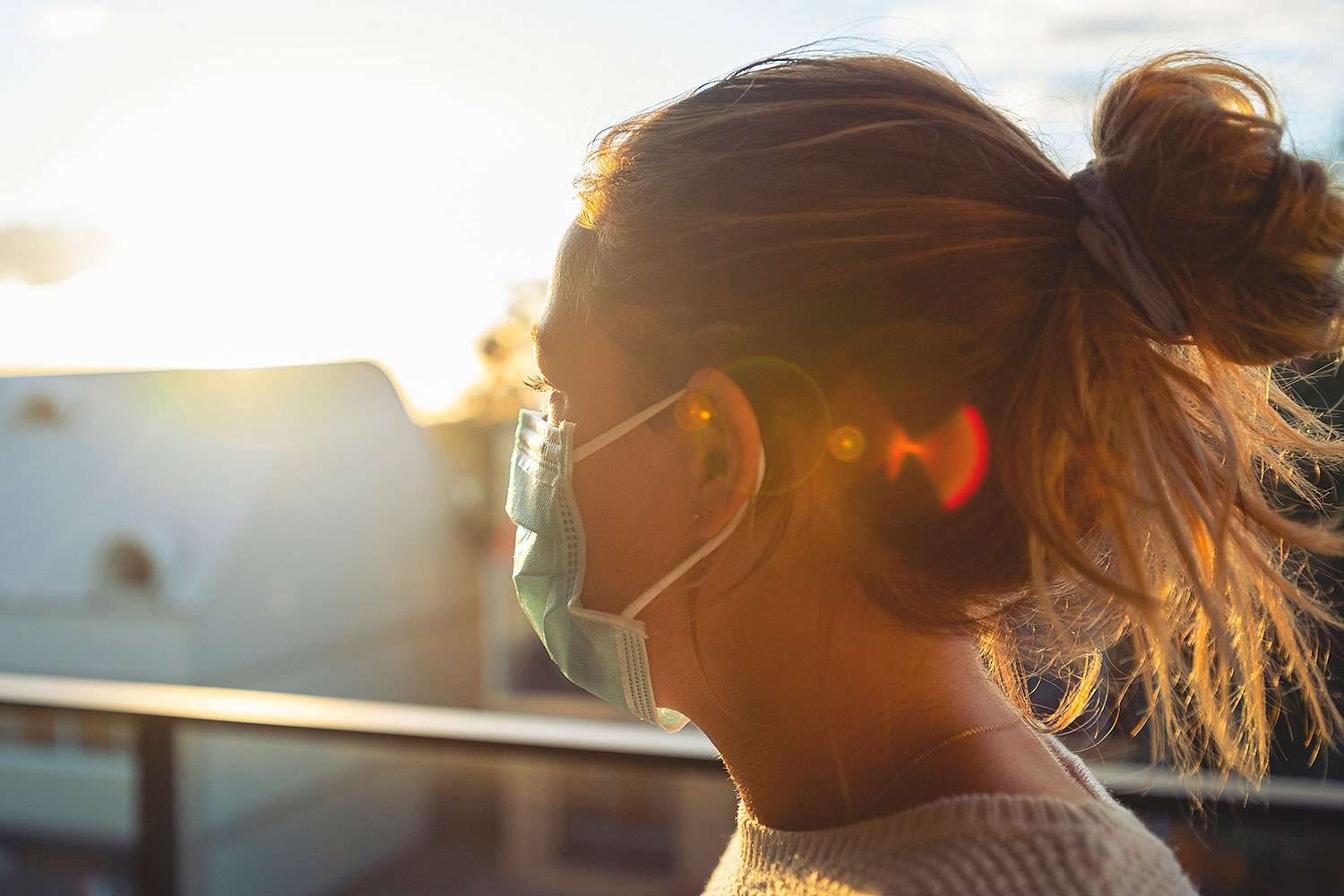
The coronavirus pandemic has taken a serious toll on the mental health struggles of Americans, particularly young adults.
According to a recent survey from the Centers for Disease Control and Prevention, out of more than 5,000 respondents who were contacted in late June, 25.5 percent of adults between the ages of 18-24 reported having “seriously considered suicide” due to the pandemic.
By comparison, 10.7 percent of all respondents reported having suicidal ideations.
“Mental health conditions are disproportionately affecting specific populations, especially young adults,” the CDC wrote in the survey. Other groups in which “significantly higher” responses were reported included minority racial/ethnic groups, unpaid caregivers and essential workers.
The survey also found that during late June, 31 percent of all respondents reported experiencing symptoms of anxiety and depression, with 26 percent experiencing symptoms of trauma or stress-related disorders.
Meanwhile 74.9 percent of respondents between the ages of 18-24 reported having at least one mental health symptom, with the number decreasing to 51.9 percent for adults between the ages of 25-44.
“The prevalence of symptoms of anxiety disorder was approximately three times those reported in the second quarter of 2019,” the report stated, noting an increase from 8.1 percent to 25.5 percent. Additionally, the survey found that the “prevalence of depressive disorder was approximately four times that reported in the second quarter of 2019,” increasing from 6.5 percent to 24.3 percent.
Although the CDC noted that the data from the survey may be flawed due to being self reported, it recommended an increased focus on "intervention and prevention efforts" among the groups most affected by increased mental health struggles.
Dr. Kevin Gilliland, a clinical psychologist and director of Innovation360, an outpatient resource center, and member of PEOPLE’s Health Squad, previously told PEOPLE that he’s seen an increased need for help from both longtime patients and new sufferers.
“There are a lot more people that need counsel and guidance,” he said. “You’re having feelings of isolation and loneliness like you’ve never had before. Everybody’s psychological health has taken a hit.”
In addition to the obvious reasons for an increase in mental health struggles — including grief for those who have died or contracted the virus, unemployment rates, financial woes and anxiety about the future — depression is one the rise due to factors that seem minor, but have a significant effect, such as increased isolation.
“Isolation, which is also disconnection from other people, will unravel us psychologically very quickly,” Gilliland added. “I think we've all been surprised by it.”
If you or someone you know is considering suicide, please contact the National Suicide Prevention Lifeline at 1-800-273-TALK (8255), text "STRENGTH" to the Crisis Text Line at 741-741 or go to suicidepreventionlifeline.org.
As information about the coronavirus pandemic rapidly changes, PEOPLE is committed to providing the most recent data in our coverage. Some of the information in this story may have changed after publication. For the latest on COVID-19, readers are encouraged to use online resources from CDC, WHO, and local public health departments. PEOPLE has partnered with GoFundMe to raise money for the COVID-19 Relief Fund, a GoFundMe.org fundraiser to support everything from frontline responders to families in need, as well as organizations helping communities. For more information or to donate, click here.
Source: Read Full Article
